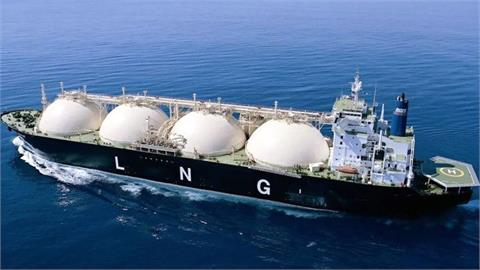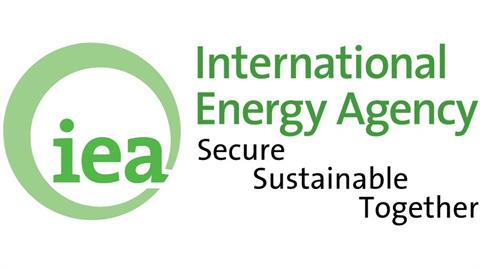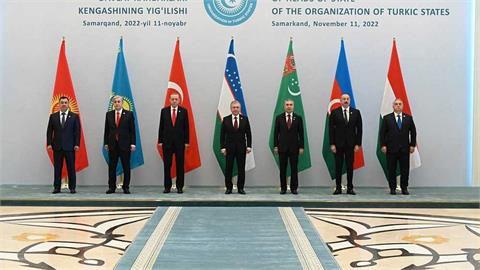Eon, Germany’s biggest utility, forecast a further steep decline in earnings this year and warned that political decisions to favour renewable energy could threaten the region’s energy security in the future, as it reported a 14 per cent drop in earnings for 2013.
Since last year, the company has shut down nearly 13 gigawatts of capacity, more than a quarter of its conventional fossil fuel and nuclear plant capacity, in Europe, as it reviews the profitability of generating energy from conventional sources. Renewable energy, which has preferential access to the grid, now accounts for around a quarter of electricity consumption in Germany.
In a letter to shareholders Johannes Teyssen, chief executive, warned: "The situation will get increasingly out of balance if, for economic reasons, we shut down power plants that are actually urgently needed to ensure supply security. "For a number of our power plants, we’ve found solutions with the local system operator that, for the time being, ensure supply security and render the provision of this generating capacity economically viable,” he wrote. Eon’s earnings before interest, tax, depreciation and amortisation declined from €10.8bn in 2012 to €9.3bn last year. Underlying net income, a measure that excludes non-recurring expenses, was down from €4.2bn last year to to €2.2bn. Earnings per share were €1.12. Eon’s net debt at year end declined from €35.8bn to €32bn at the end of 2013. But the ratio of debt to ebitda rose. Eon’s debt in 2013 was 3.4 times its operating profit compared with a multiple of 3.3 the year before. For 2014, Eon forecasts ebitda between €8bn and €8.6bn and underlying net income between €1.5bn and €1.9bn.
Eon’s survival strategy relies on expanding its operations in renewables, distributed energy solutions and businesses outside Europe. By the end of last year, the company had more than 3.1GW of installed wind, solar and biomass capacity in Europe, up from 2.1GW the year before. However, its latest figures suggest that so far this strategy has done little to offset the decline in earnings from conventional power. Ebitda from its generation unit, which includes nuclear power and fossil fuels, was down 21 per cent from €2.4bn to €1.9bn. Ebitda from renewables rose by 6 per cent to €1.4bn. Earnings from non-EU countries declined by 26 per cent to €533m. Ebitda from Eon’s Russia business was €687m euros in 2013, down 6 per cent. Earnings expressed in roubles remained roughly constant and the decline was primarily due to the weakening of the rouble against the euro. For other non-EU countries, including operations in Brazil and Turkey but excluding Russia, Eon’s loss grew from €11m to €154m last year. The negative figure for Turkey is primarily caused by the weakening of the lira against the euro, Eon said.
Vincent Gilles, head of European utilities research at Credit Suisse, said: "It is pretty clear that while the strategy of cost-cutting in Germany has been successful, expanding in the Brics has turned out to be disappointing. "They’ve tried to deflect attention from the fact that [debt ratio] will be nowhere near three times ebitda in 2014, to [the fact that they are] free cash flow positive. In the balance that companies have to find between equity holders and debt holders, they seem to be effectively saying: ‘We’ll take the risk of a downgrade but we’ll pay the dividend.’ "It’s all based on a very low level of capital expenditure.”
Mr Teyssen said at a press conference last week that he expected positive earnings from Turkey this year. "In Brazil the investment cycle started later and therefore it will take longer [to yield profit],” he said. Mr Teyssen declined to answer questions about the political risks to Eon’s Russia business from the Ukraine crisis. He said: "We have had a stable business relationship with Russia for many decades.” Asked whether he was concerned about the risk of expropriation in Russia, he replied by referring to Germany’s transition to renewable energy, which has slashed Eon’s profits.
Mr Teyssen said: "There is only one expropriation going on in our company and that is going on in Germany.”
Mr Teyssen’s letter acknowledged the political headwinds in emerging markets. He said: "The policy situation and business environment were sources of risks and deteriorated notably in recent months in Brazil, Turkey, and Russia, already leading to a significant weakening of their currencies.”



